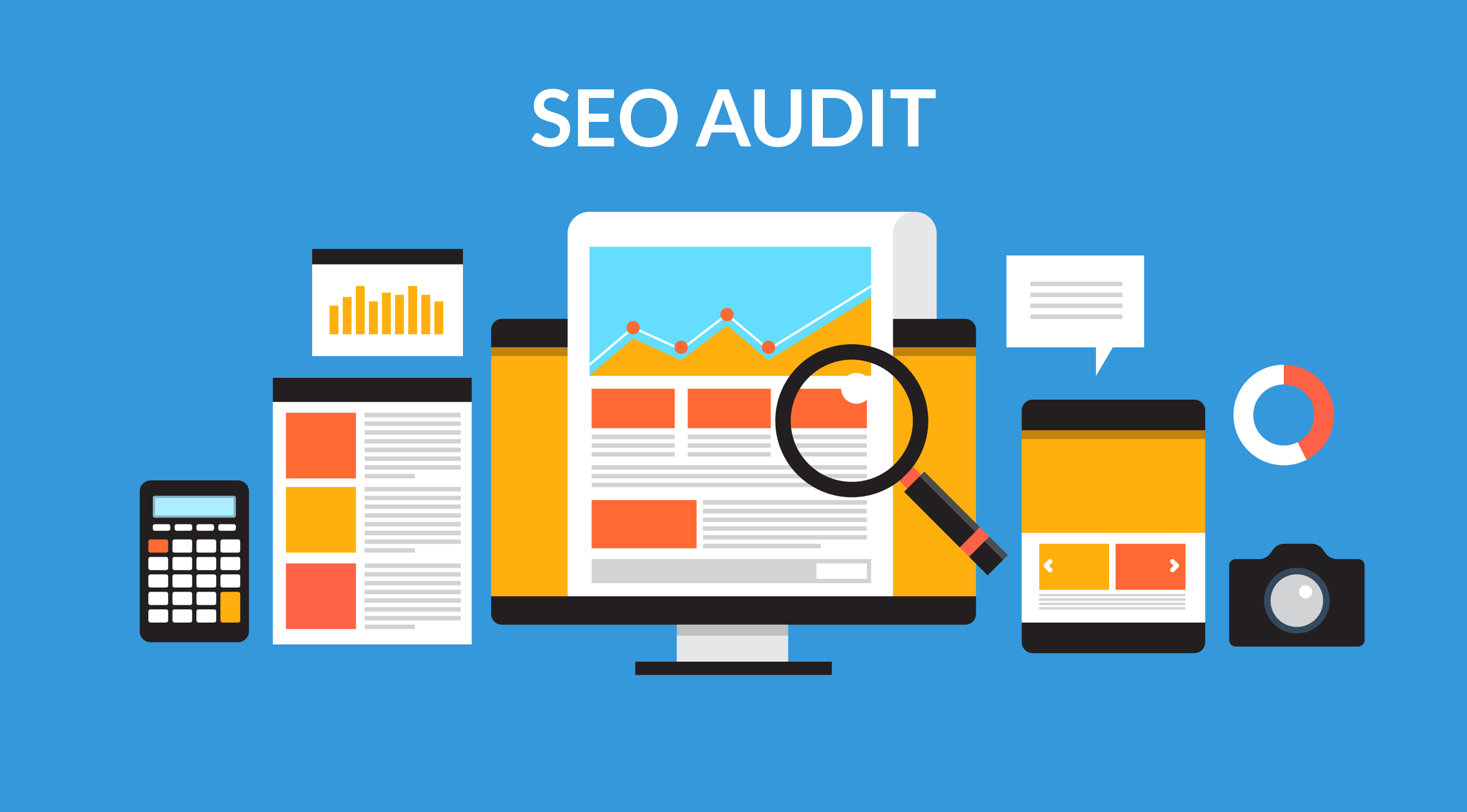
Managing your business based on market share, sales or profit can be very risky... How about profitability?
A few days ago we were talking with a client about his SME and he explained his lines of business. His company manages both products and services. After listening to him, I told him that he should concentrate more on his products and less on his services.
"Why?", he asked me, "they pay us very well". Then I answered, "because in your particular case, by studying the numbers, your products are more profitable".
At first he looked at me a little confused, so I had to point it out: income, profit and profitability are different concepts and to maximise a business you have to understand them well. Of course there are very deep economic theories to explain each of these concepts but here I will try to summarise.
What is the income? Income, in economic terms, is all the money received by an entity, regardless of whether it is a person, a company or an organisation.
What is profit? The profit is the difference between the income and expenses of a product.
What is profitability? The profitability is the economic benefit of a measured entity against its assets. (This is best explained with an example)
Company 1 holds assets (capital, goods, merchandise) worth £40,000, sells them for £10,000 and has expenses of £4,000;
Company 2 has assets (capital, goods, merchandise) worth £4,000, sells for £5,000 and has expenses of £3,000;
Many would think that company 1 is the best company, however, to think like that is to think in absolute terms and in business that is never good a good idea. The truth is, there is no good or bad here.
Company 1 has higher profits, true (10 thousand - 4 thousand) is greater than (5 thousand - 3 thousand). However, company 2 is much more profitable than company 1. Why? Because company 1 needs to operate an asset of £40,000, which generates a profit of £6,000. On the other hand, company 2 requires only £4,000 worth of assets and thus produces a £2000 profit.
What does this mean?
The economic profitability of company 1 is only 15%. (The number is obtained by dividing the economic benefit by total assets: 6,000 / 40,000 = .15)
The economic profitability of company 2 is 50%. (The number is obtained by dividing the economic benefit by the total asset: 2,000 / 4,000 = .50)
As a result, we can say that company 2 has less profit but greater profitability. Profitability measures the efficiency with which a company uses its resources. There are companies that use very high financial resources but obtain small profits; On the other hand, there are companies that use few resources but obtain relatively high profits, which leads to greater profitability.
That is why, among other factors, we sometimes see small businesses subsisting for years while seemingly powerful titans collapse in a crisis. However, as pointed out earlier, one should not think of absolutes... this does not mean that large companies are not profitable.
In this context, we told our client, doing the numbers, that their products are highly profitable, while the services they provide, were not. The advice is: Manage for profitability, not for sales.
Remember this for your business strategies: The one who lives for sales will die for sales.



